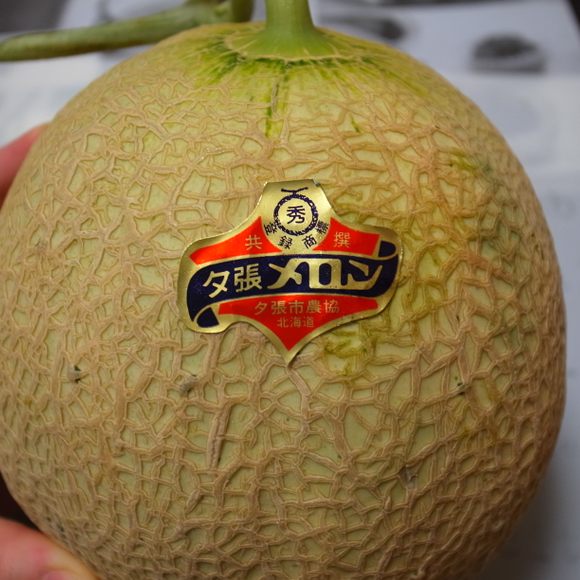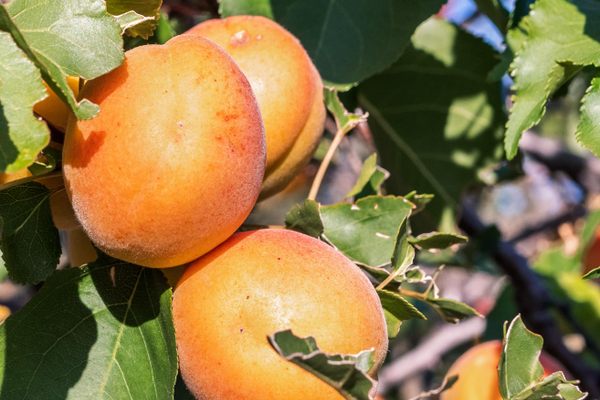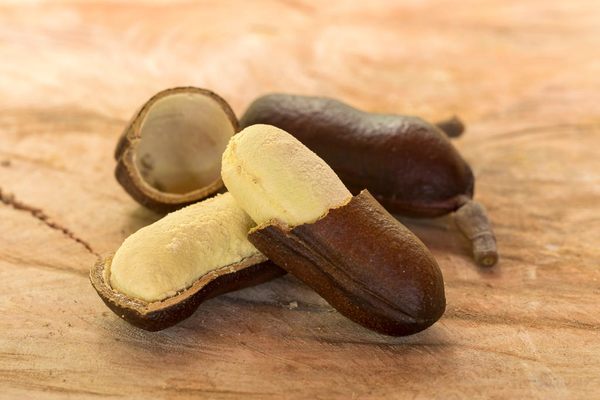Fruits & Vegetables
Yūbari King Melon
The most expensive melon in the world is a status symbol in Japan.
Fewer than 10,000 people remain in the sleepy former mining town of Yūbari on Japan’s Hokkaido Island. A crippling financial crisis in the early 2000s drove nearly 90 percent of the town’s population to seek residence elsewhere in the country. And that fiscal tragedy is crueler yet for the sad irony of the town’s famous export: the Yūbari King melon, one of the most expensive fruits in the world.
If you’re a zillionaire lover of fruit, try a wedge of this cantaloupe. In 2018, a pair of Yūbari Kings was auctioned for ¥3.2 million ($29,000) in Sapporo, making it the world’s most expensive melon. The Yūbari King is actually a hybrid of two melon cultivars, called Earl’s Favorite and Burpee’s Spicy Cantaloupe. The two seedlings are grown in the same planter in climate-controlled greenhouses. It takes about 100 days for a delicious Yūbari melon to reach full growth. The sweetest melons grow on vines that bear only one fruit, and the precious King of cantaloupes is given royal treatment by growers who wipe the fruit clean everyday while it’s still attached to its plant. The melons also get their own paper hats, to prevent sun scald from spoiling the fruit and perhaps also to help them ripen quickly.
Arguably the reason for the Yūbari’s exorbitant cost is its careful selection process. Melon inspectors (melon farmers themselves) tap and flick the fruit to listen for a low, deep sound, smell it for a sweet fragrance, and inspect the rind before rewarding the best melons with the Yūbari label. The perfect Yūbari King should have beautifully netted skin, like the lacing on an embroidered doily.
Giving fruit as gifts is a traditional Japanese custom, and growing and selling luxury fruit specifically meant for gifts or as part of large celebrations such as weddings is a cottage industry. There are luxury fruit parlors in Japan where fruits such as the square watermelon and the egg of the sun mango are displayed like jewelry in glass showcases. At these high-end stores, Yūbari Kings can cost thousands of dollars. They may be the most expensive fruit in the world, but their painstaking growing process reflects an admirable love and care for the profession of fruit farming, which has lost much of this pursuit of quality to the quest for industrial scalability.
Where to Try It
-
Ginza Sembikiya Website
5-5-1 Ginza, Chuo-ku, Tokyo, 104-0061, JapanThis fruit shop, in business since 1894, once supplied produce to Japanese royalty. The fruit parlor, with a display of beautiful, luxury fruit is on the second floor.
Written By
 Rohini Chaki
Rohini Chaki















